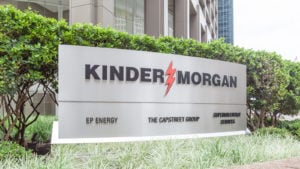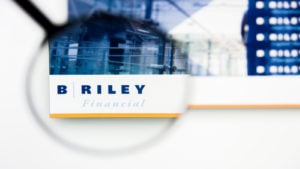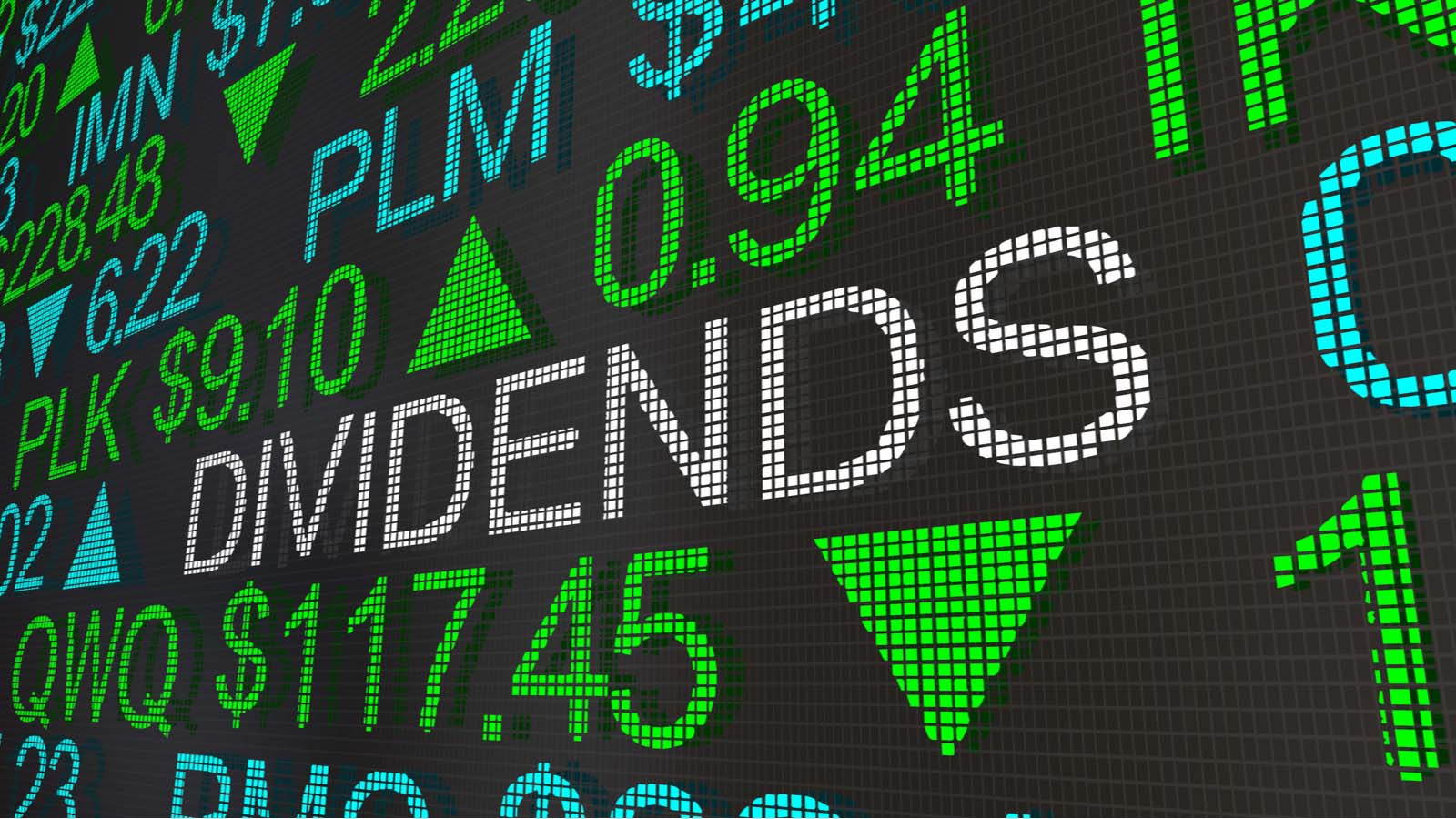There is no doubt that being an income investor in today’s bull market isn’t cool. But then again, it never is. No one likes to focus on dividend stocks until the good times end.
Most successful long-term investors know that solid income stocks that provide growth and dividends are always an important part of a healthy portfolio.
And if you can find dividend stocks that, due to their corporate structure can deliver above average income, it’s even better.
The seven best dividend stocks in a low interest rate environment I have put together here are a combination of top-shelf business development companies (BDCs), master limited partnerships (MLPs) and real estate investment trusts (REITs) — as well as one unique player — that are built off the idea that growth means income.
Most of these corporate structures require that the companies share their net profits with shareholders and they do so with dividend payments.
Some have been hit by the pandemic, but they’re on their way back. Some continue to grow and it’s a good time to get in on the ride higher.
- AllianceBernstein (NYSE:AB)
- Compass Diversified Holdings (NYSE:CODI)
- Enterprise Products Partners (NYSE:EPD)
- Kinder Morgan (NYSE:KMI)
- B Riley Financial (NASDAQ:RILY)
- Medical Properties Trust (NYSE:MPW)
- WP Carey (NYSE:WPC)
Dividend Stocks: AllianceBernstein (AB)

Dividend Yield: 9.6%
In Wall Street financial terms, AB is a boutique investment management player. It has a nearly $3 billion market capitalization and it has $600 billion assets under management (AUM).
AUM is the lifeblood of investment management companies. If assets are growing, the business is growing. After a bump when the pandemic hit, AB continues to expand its AUM. In the last quarter it was up 4.7% — and it is up 7.6% for the year.
AllianceBernstein grows its AUM by offering mutual funds for consumers as well as hedge funds and other investment opportunities for institutional clients.
As a limited partnership, it shares its success directly with investors in the form of dividends. Right now, that dividend is an impressive 9.6%. AB stock is flat in the past 12 months, but it’s trending up again.
Compass Diversified Holdings (CODI)

Dividend Yield: 8.3%
Structured as a BDC, this firm is built like a private equity fund that individual investors can access. It finances or partially owns a number of small and medium-sized companies, generally in the consumer and industrial sectors, in its investment portfolio. You’re investing in the management team.
CODI currently has an impressive collection of these companies and has piles of cash and credit if it finds more it wants to add. Revenues have been consistently rising with gains averaging 13.3% over the trailing five years.
It pays shareholders well with a yield of 8.3%. And since its IPO in 2006, it has returned 311.1% for an average annual return of 10.4%. And I see a lot more to come.
Dividend Stocks: Enterprise Products Partners (EPD)

Dividend Yield: 10.2%
This firm is one of the leading midstream energy companies in the U.S. Basically, that means it has a large collection of natural gas and oil pipelines throughout the country, helping get these commodities from the fields to the refineries. It also has storage facilities.
While energy prices have been a pretty wild ride this year, which is reflected in the price of the stock at this point, the weakening of the dollar has helped boost energy prices again.
EPD stock has been hammered — down nearly 40% in the past 12 months — but that’s not unusual since this sector is cyclical and EPD is well prepared for these ups and downs.
But there’s far less downside here than upside potential. Plus it’s delivering a 10.2% yield to keep you interested.
Kinder Morgan (KMI)

Dividend Yield: 7.5%
The next company on this list of dividend stocks has made a few changes to its corporate structure. Kinder Morgan — another major midstream energy company — once was an MLP. That changed a few years ago when it switched back to a traditional corporate model. But do not worry. Its dividend is still intact.
It currently provides a 7.5% dividend, so it’s not as big as EPD’s at this point. But the dividend is relatively safer — providing a lower chance of a dividend cut in tough times — because of its new structure.
The stock has also suffered from the tumult in energy prices. It’s currently off 31% in the past 12 months.
But as we’ve seen, energy prices are stabilized here and the U.S. economy is slowly on the mend. That means we’re closer to a bottom than a top. And when the rally begins, this sector will run fast. One of the founders, Richard Kinder, bought $4 million worth of the stock in early August. That’s an encouraging sign.
Dividend Stocks: B Riley Financial (RILY)

Dividend Yield: 4.4%
The only two stocks that have traditional corporate structures on this list are KMI and RILY.
RILY has a number of businesses that all complement each other. It runs an asset management business, a financial consulting business, a corporate restructuring and lending business, and an auction business, among others.
That’s a lot to pack into a company with a $688 million market cap. Yet its diversification is pretty well vertically integrated, which means it can lean on certain divisions more heavily during certain cycles.
For example, when the economy — or a sector — is in a contraction or a growth phase, the RILY auction service business is there to help sell off store fronts and equipment or to find new buyers. Its financing division can figure out how to stave off the banks or how to manage assets more efficiently.
It’s a unique firm that doesn’t get a lot of coverage, but it is doing well right now. The stock is up 28% in the past year and it still delivers a healthy 4.4% dividend.
Medical Properties Trust (MPW)

Dividend Yield: 5.8%
The first of two REITs in this group, MPW specializes in hospital facilities in the U.S. as well as Europe and Australia. Currently it’s the second largest owner of hospital beds in the U.S.
It’s a triple-net lease REIT, which means its tenants are responsible for taxes, upkeep and maintenance on the properties, which keeps MPW’s costs of ownership low. It manages the properties and finds ways to leverage growth from the real estate.
Over two-thirds of its business is in the U.S., but its growth is a testament to the fact that healthcare and aging populations aren’t just a U.S. challenge. And this is a trend that can’t be ignored, regardless of what’s happening with the economy.
The stock is treading water over the last 12 months, but its 5.8% dividend adds a very nice kicker. The company has been expanding into overseas markets in recent years, which has added to its diversified portfolio of assets and helps hedge against downside risk with U.S. healthcare policy decisions.
Dividend Stocks: WP Carey (WPC)

Dividend Yield: 5.8%
I have been a fan of this company for many years, and it remains a favorite. Started in 1973 by its namesake, WPC is triple-net lease REIT with more than 1,200 buildings in 25 countries. The U.S. makes up about 64% of its revenues and the remaining 36% comes from European properties.
Having a bulk of its properties on these two major continents helps WPC maintain a solid base of institutional investors. Why? Because institutions value solid, long-term investments like real estate in key geographic locations.
Also, having been around for nearly 50 years, WPC knows how to navigate tough times and come out ready to grow.
It’s off 20% in the past year, but up almost 20% in the past three months, so growth is taking hold now that fears over tenant defaults are easing. WPC also pays a generous 5.8% dividend.
On the date of publication, Neil George did not hold (either directly or indirectly) any positions in the securities mentioned in this article.
Neil George was once an all-star bond trader, but now he works morning and night to steer readers away from traps — and into safe, top-performing income investments. Neil’s new income program is a cash-generating machine … one that can help you collect $208 every day the market’s open.
